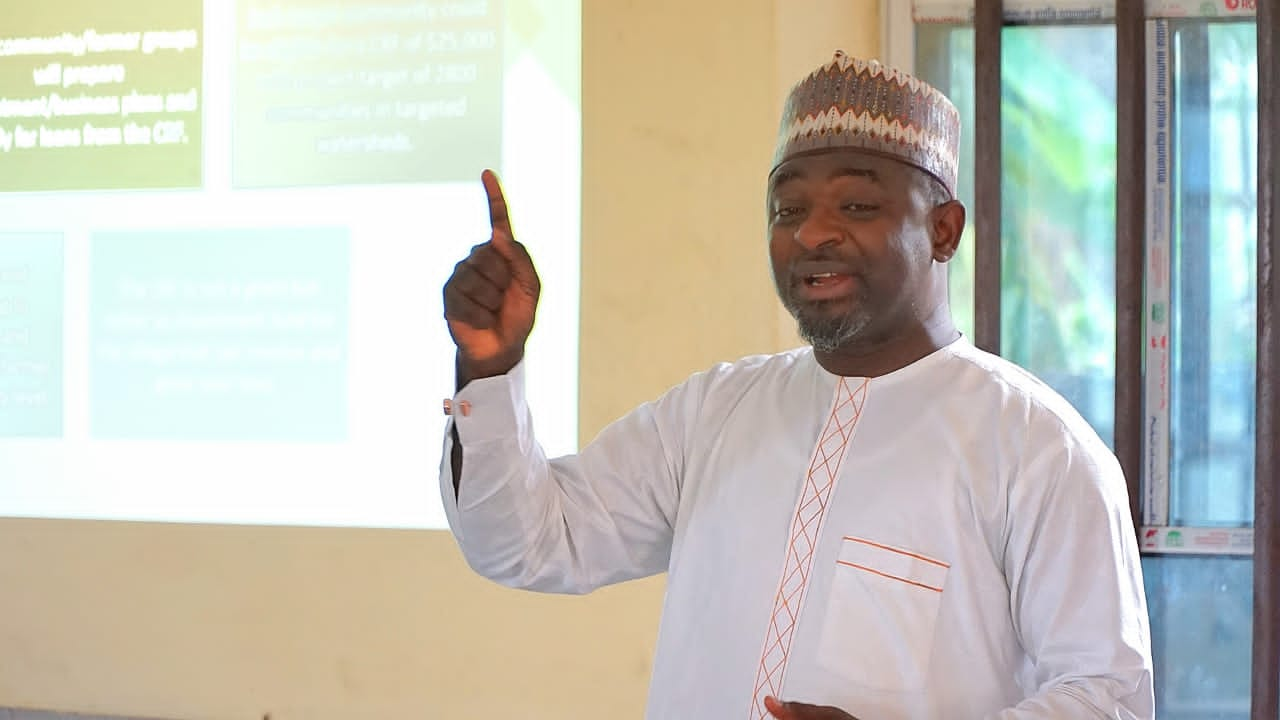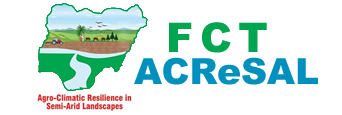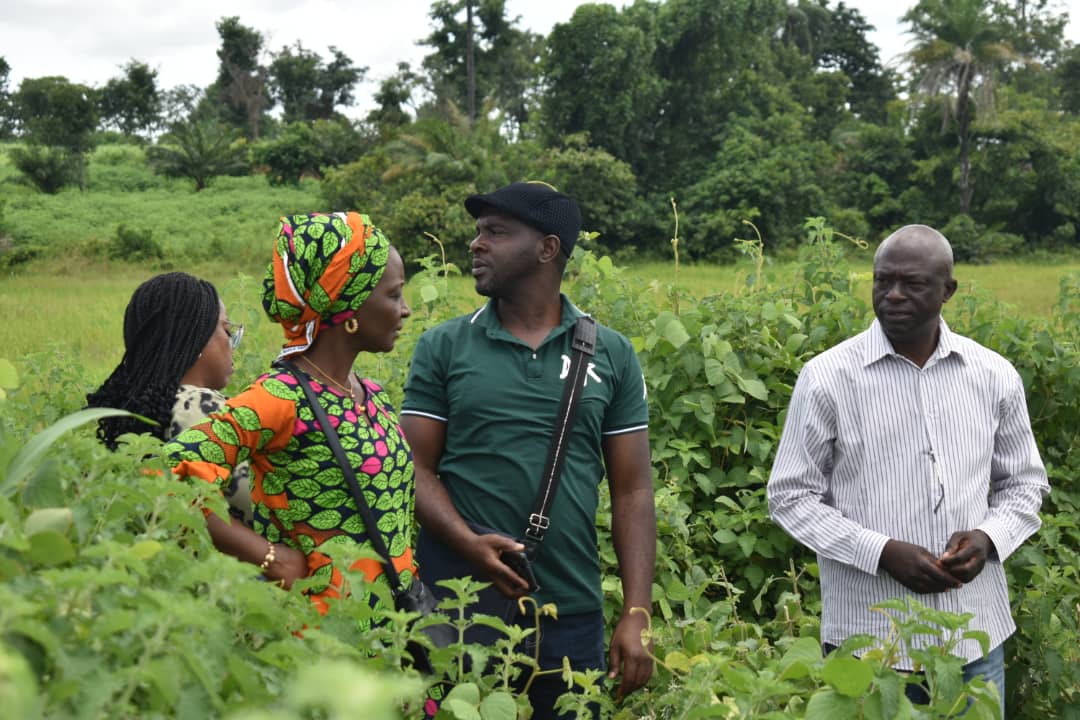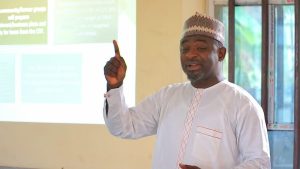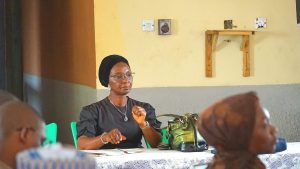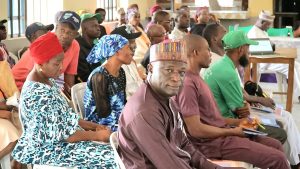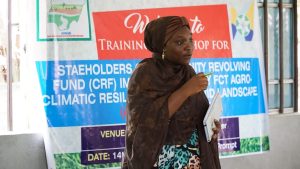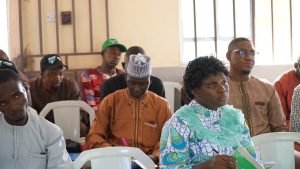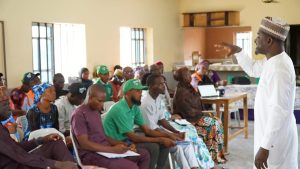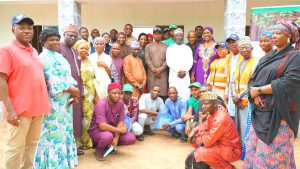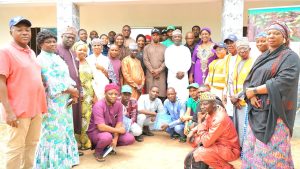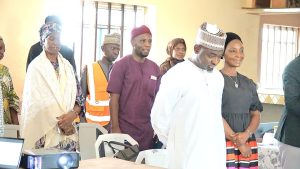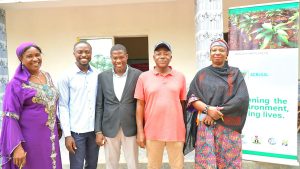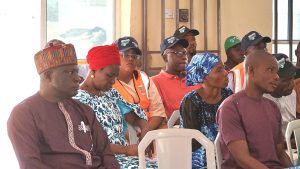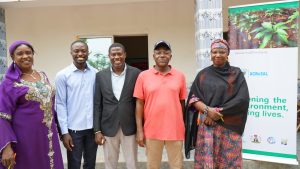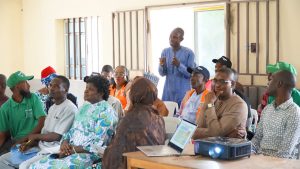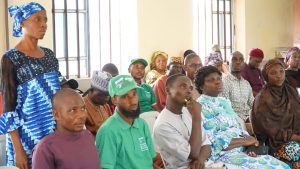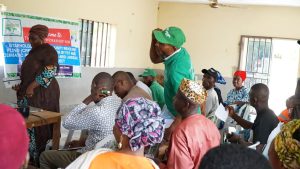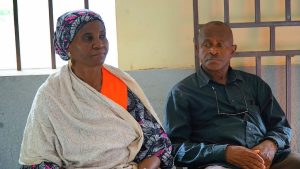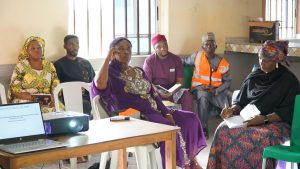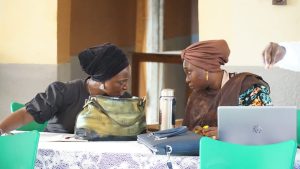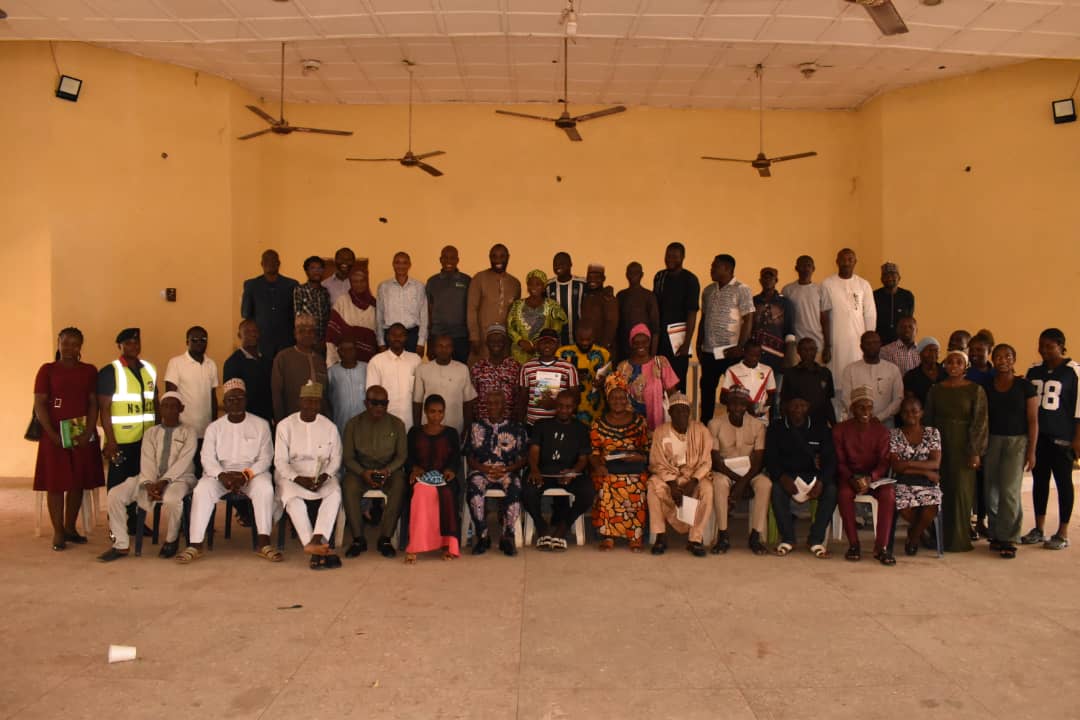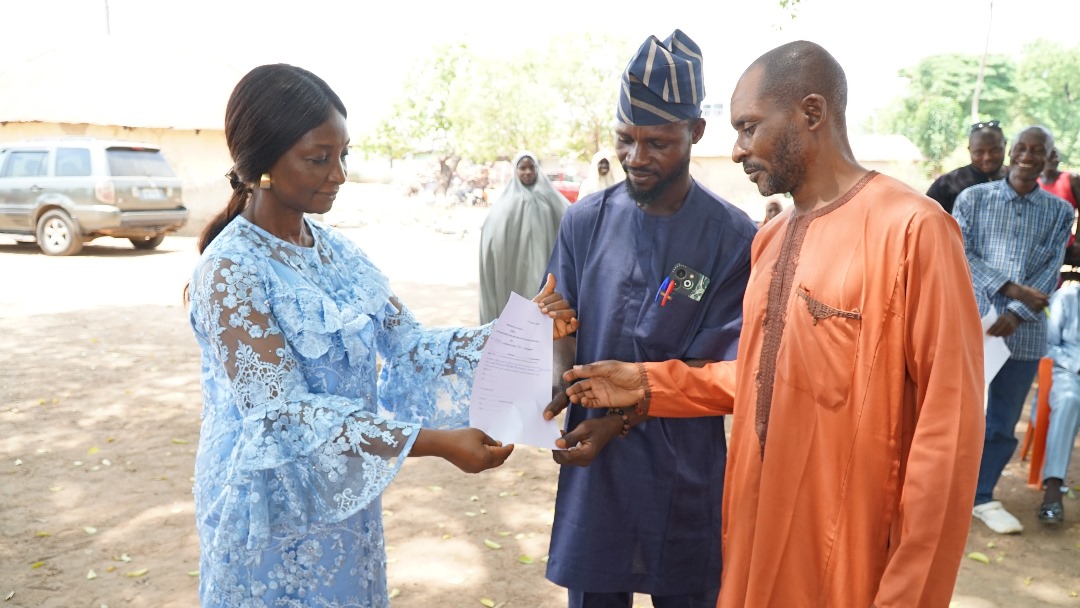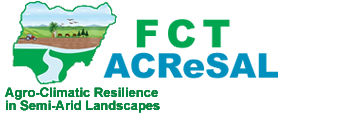In furtherance of efforts to enhance community-driven economic development in the Federal Capital Territory, the FCT ACReSAL Project Office has organised a specialized training workshop for stakeholders on the Community Revolving Fund (CRF).
The workshop which took place at the Demaris Event Center, Sheda brought together, newly elected Community Business Agents (CBAs) from 11 communities under the Wako and Pukafa catchment areas of Kwali Area Council.
Delivering her welcome address at the event Project Coordinator of FCT ACReSAL, Mrs. Caroline Opara who was joined by members of the Project Implementation Unit (PIU), stressed the significance of the training in equipping CBAs to effectively manage and implement CRF initiatives in their communities. “This workshop is crucial for adequately sensitizing the CBAs about their roles in ensuring the success of the CRF initiative. Our goal is to ensure all stakeholders are aligned before, during, and after funds are disbursed,” she explained.
Mallam Garba Musa, the Natural Resource Specialist from the Federal Project Monitoring Unit (FPMU) who served as the lead resource person in his presentation, emphasized the pivotal role of CBAs in the success of the CRFs and outlined their key responsibilities:
1. Client Outreach and Education: CBAs must inform community members about the CRF, explain eligibility criteria, detail the application process, and equip potential beneficiaries with essential skills for managing loans.
2. Application Assistance: CBAs are to guide applicants through the loan application process to ensure their requests are approved.
3. Loan Monitoring and Support: After disbursement, CBAs monitor the progress of loans and provide ongoing support and mentorship to beneficiaries, ensuring financial discipline and timely repayment.
4. Community Feedback: CBAs act as a crucial link between the community and ACReSAL, gathering information that are vital for refining the program to better serve community needs.
The training also included a session on how CBAs can collaborate with extension officers to address challenges encountered in the field.
Rakiya Ahmed, a subject specialist with the FPMU, expressed confidence that the Community Revolving Fund would contribute significantly to the financial empowerment and sustainable development of the beneficiary communities.
The event concluded with a question and answer session, which provided stakeholders with a better understanding of the CRF concept.
The presence of the FCT ACReSAL Focal Organization (FONGO) members enhanced the session’s interactivity, as it offered opporunity to delve into their roles in ACReSAL intervention activities.
